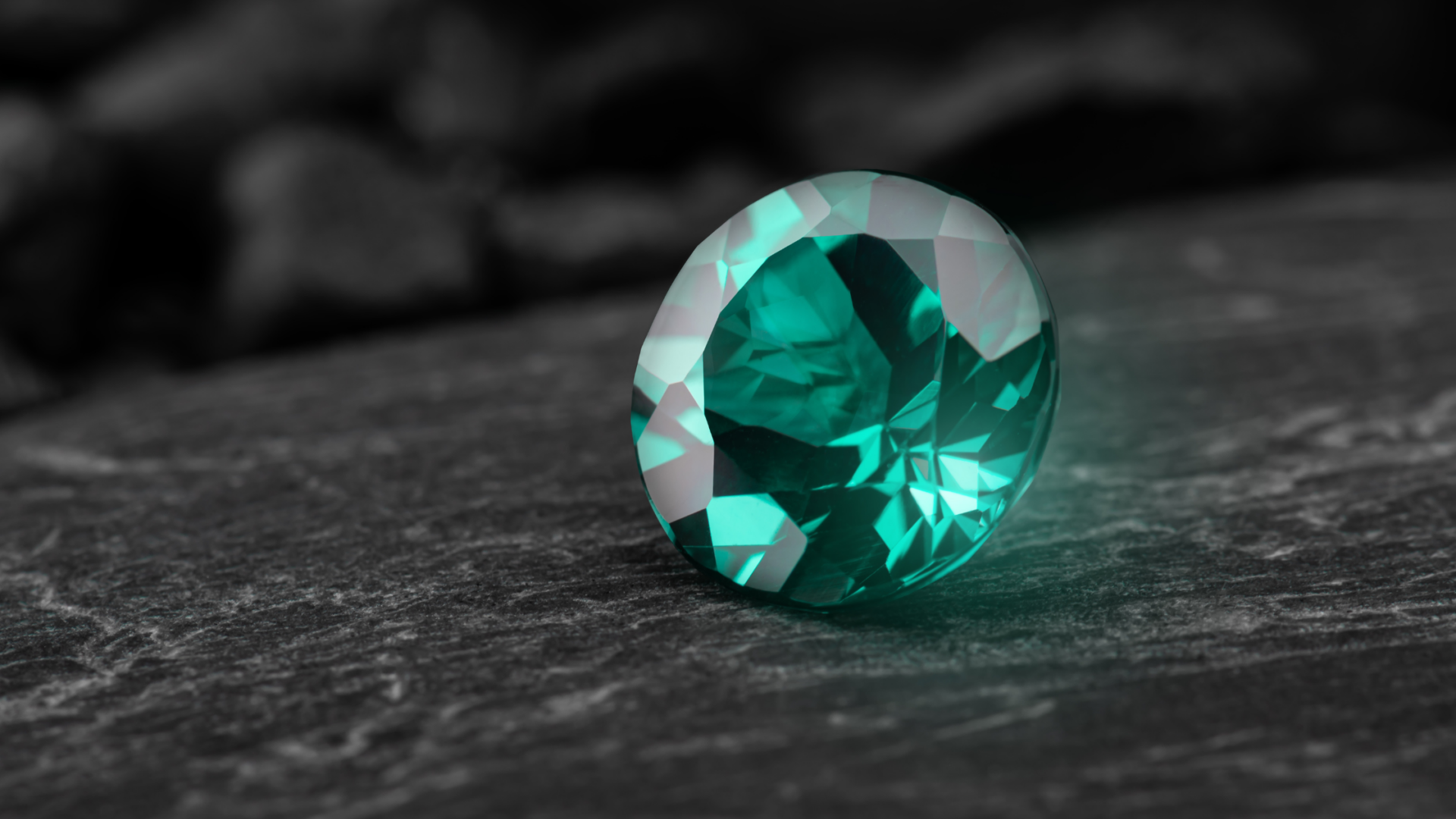michela002
Shiny_Rock
- Joined
- Oct 10, 2004
- Messages
- 469
White gold or platinum? What do people think?
For the e-ring I think I'm going with a Tiffany 6-prong replica like the one pictured below and at the moment I think I'll go with a thin shared-prong wedding band like the one from Facets (pictured below.) And whichever metal I get for my e-ring is the one I'm stuck with for my wedding ring too.
I've read about the advantages and disadvantages of each metal but still can't decide ...
For the e-ring, white gold will save about $250. For the shared-prong Facets band, white gold saves $150. So all up that's $400. Is platinum worth that extra money? (Money saving is a significant issue.)
Will white gold yellow noticeably? Will two white gold rings wear each other down significantly? Is 14K or 18K white gold more likely to yellow? (I heard a rumour that 18K white gold yellows more.) I have a white-gold rhodium-plated necklace (family heirloom - probably 30+ years old) that looks as white as white can be, but perhaps rings are different because you wear them against your skin??
What would people recommend? $400 isn't that much, all things considered ... but platinum dulls easier, blah blah blah. Both have their pros and cons, but which one has the greatest benefits do people think?


For the e-ring I think I'm going with a Tiffany 6-prong replica like the one pictured below and at the moment I think I'll go with a thin shared-prong wedding band like the one from Facets (pictured below.) And whichever metal I get for my e-ring is the one I'm stuck with for my wedding ring too.
I've read about the advantages and disadvantages of each metal but still can't decide ...
For the e-ring, white gold will save about $250. For the shared-prong Facets band, white gold saves $150. So all up that's $400. Is platinum worth that extra money? (Money saving is a significant issue.)
Will white gold yellow noticeably? Will two white gold rings wear each other down significantly? Is 14K or 18K white gold more likely to yellow? (I heard a rumour that 18K white gold yellows more.) I have a white-gold rhodium-plated necklace (family heirloom - probably 30+ years old) that looks as white as white can be, but perhaps rings are different because you wear them against your skin??
What would people recommend? $400 isn't that much, all things considered ... but platinum dulls easier, blah blah blah. Both have their pros and cons, but which one has the greatest benefits do people think?














300x240.png)